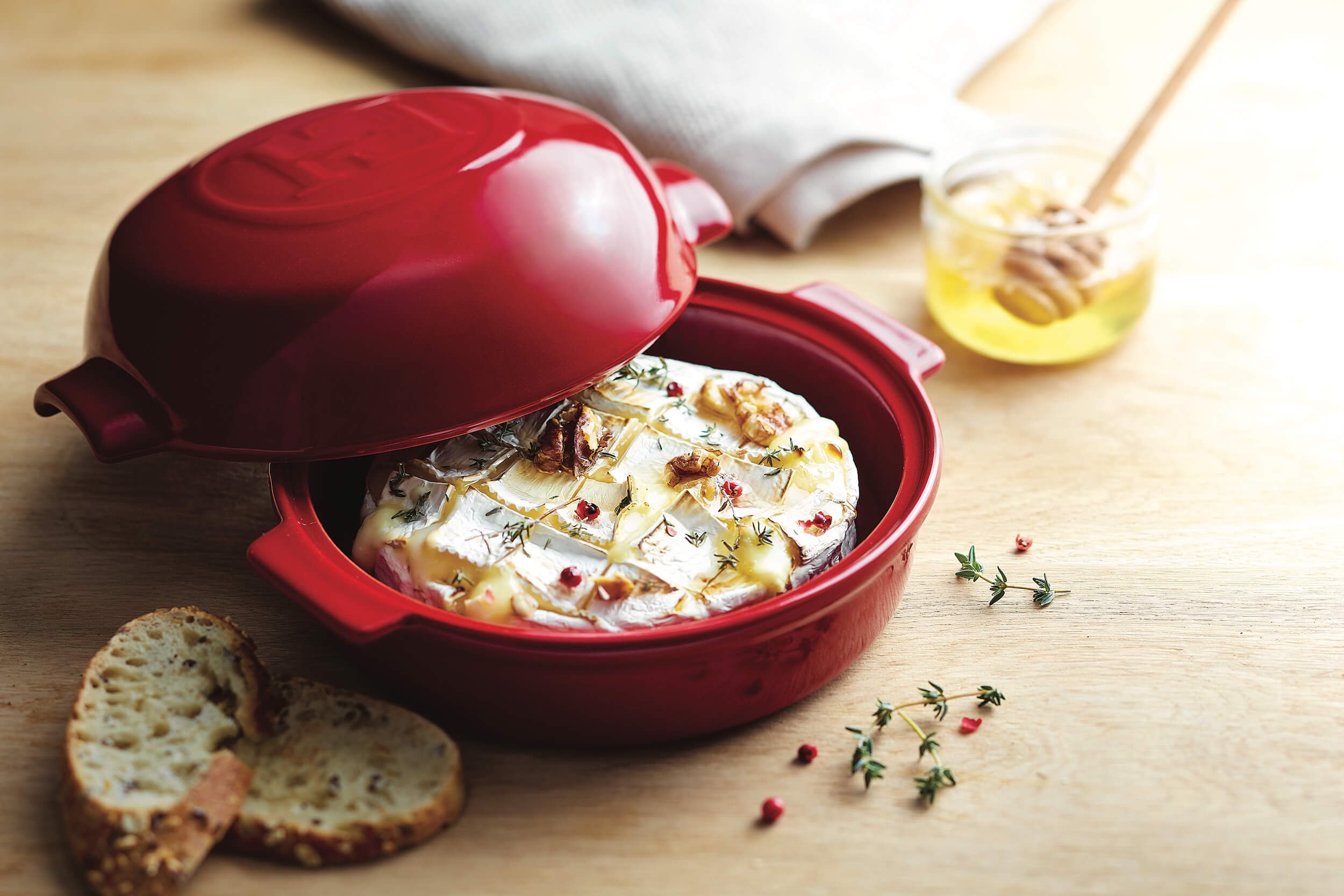Rick Bayless is a chef, restaurateur, host of Mexico: One Plate at a Time and a beer enthusiast. He knows a lot about the history of Mexico, Mexican food and drinks. Recently I was fortunate enough to attend a blogger event hosted by Negra Modelo and I had the opportunity to talk with him about Mexican beer and food pairing and his plans for a microbrewery as well as a bit about the history of beer in Mexico.
What kinds of beers are you developing?
RB: I’m not super into flavored beers. I am exploring Belgian yeast strains, I find they make food friendly beers. I like the gentle use of spices, not chiles to heat up but to cool down like green coriander for example which has citrus notes.
What styles of beer complement Mexican food?
Rick Bayless: All types of beer complement Mexican food because Mexican food is so varied! On a hot day Pacifico with ceviche is great. Negra Modelo goes well with barbacoa which I make with short ribs, slow cooked with red chile sauce.
The reason I like Negra Modelo is because it has a little fruitiness from the hops, the natural sweetness from the barley malt even helps it to pair with richer dishes like queso fundido.
Is it true you're opening a microbrewery?
RB: I am opening a microbrewery in Chicago, it’s a think tank and it’s where we’ll create beers for our restaurants. We will also see if there is a beer that we can scale up working with Negra Modelo for larger distribution.
RB: I’m not super into flavored beers. I am exploring Belgian yeast strains, I find they make food friendly beers. I like the gentle use of spices, not chiles to heat up but to cool down like green coriander for example which has citrus notes.
Why aren't beers commonly sold on tap in Mexico?
RB: Tap beer has to be refrigerated and that wasn’t easy to do in Mexico. The distribution of bottles was much easier, but the craft beer movement is changing that in Mexico and you’ll find more taps today.
How did beer become the most popular drink in Mexico, surpassing the indigenous drink, pulque?
RB: Pulque is made every day and it’s delicious the first day, sour the next day and it just gets more and more sour. By the fourth day it’s terrible. Unlike beer it can’t be pasteurized. Anywhere you can make mezcal, you can make pulque because it’s made from the maguey sap which is collected twice a day. The plant takes 6-10 years to produce the sap, then it produces it for 6 months and dies. It’s a very nutritious drink, low in alcohol and contains active cultures. But it is labor intensive and hard to mass produce, unlike beer.
Pulque was associated with the poorest classes who drank it because it was nutritious. The upper classes were European and drank beer, which is not particularly nutritious, but the lower classes saw the Europeans drinking it and aspired to drink it too. Beer was more expensive but much more stable and sanitary than pulque.
Disclaimer: My thanks to Negra Modelo for sponsoring an event during which I was able to interview Rick Bayless. I was not monetarily compensated for this or any other post.






